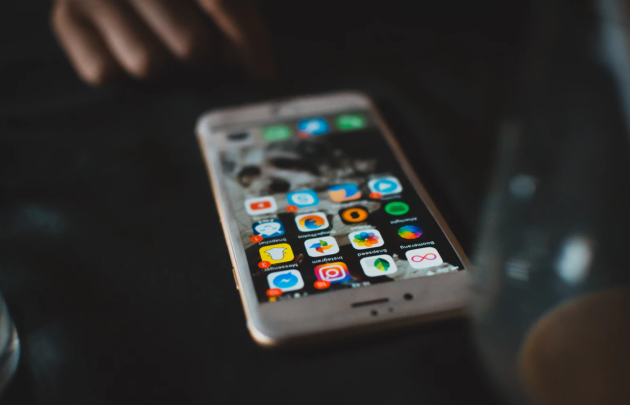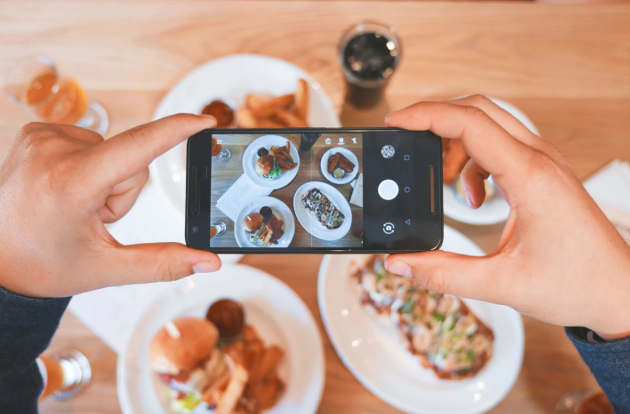
Instagram take action on hashtags promoting eating disorders
Hashtags which might be promoting eating disorders on Instagram have now been placed on an 'unsearchables' list following an investigation.
It was discovered that users of the photo-sharing network were bypassing the platform's filters, and health warnings have since been added to several spellings or terms which reference eating disorders.
Many of these terms are popular hashtags on Instagram's platform, but if they are on the 'unsearchables' list then zero results will come up.

Since 2012, the site began making some terms unsearchable in an effort to avoid users being able to locate often upsetting graphic images and posts which encouraged the idea that eating disorders were part of a lifestyle rather than a mental disorder.
However, BBC Trending claim that certain terms are still searchable, include ones which promote bulimia, and that Instagram's search bars suggest different terminology and spellings for terms glamorising eating disorders.
The search box offered a shocking 38 alternative spellings in one such instance for a popular term promoting the disorders.

Instagram has now made several alternative terms unsearchable and have added many to the list of terms triggering the health warning. They also have said they will continue to attempt to restrict such content.
A spokesman on their behalf commented that;
"We do not tolerate content that encourages eating disorders and we use powerful tools and technologies – including in-app reporting and machine learning – to help identify and remove it,"
"However, we recognise this is a complex issue and we want people struggling with their mental health to be able to access support on Instagram when and where they need it."
"We, therefore, go beyond simply removing content and hashtags and take a holistic approach by offering people looking at or posting certain content the option to access tips and support, talk to a friend, or reach out directly" to support groups.
@2ser @MilesPHerbert What is the impact of the Internet on anorexia and other eating disorders?
Think: Digital Futures – Anorexia and Algorithms https://t.co/Www2snTOTA via @whooshkaa— June Alexander (@junealexanderAU) October 23, 2018
Social networks have begun to censor content which could possibly encourage eating disorders, yet many people online discovered a way to navigate around the filters through deliberately misspelled hashtags.
Instagram and most popular sites don't use moderators to proactively search for dangerous content, and relies on users alone to report violations of its rules.
Algorithms fail to detect the difference between positive and harmful content, and then offer advertising and suggested sites which are promoting an unhealthy mental health disorder.
Eating disorder charities are demanding that ocial media networks take more responsibility for policing their content.
Here are just a couple of the many useful helplines in Ireland:
National Suicide Helpline (Pieta House) 1800 247 247
Aware (Depression, Bi-Polar Disorder & Anxiety) 1800 80 48 48 supportmail@aware.ie
Bodywhys (Eating Disorders Associations of Ireland) 1890 200 444
— FESTIVE PRINCE$$ (@lauxrenv) December 22, 2017
Certain sites online and Instagram pages are supportive for survivors of eating disorders, and there is an argument that removing posts could cease discussions surrounding eating disorders, which is important.
The rules of Instagram prohibit posts which promote or glorify eating disorders, but the company has a long way to go to develop its safety policies.











